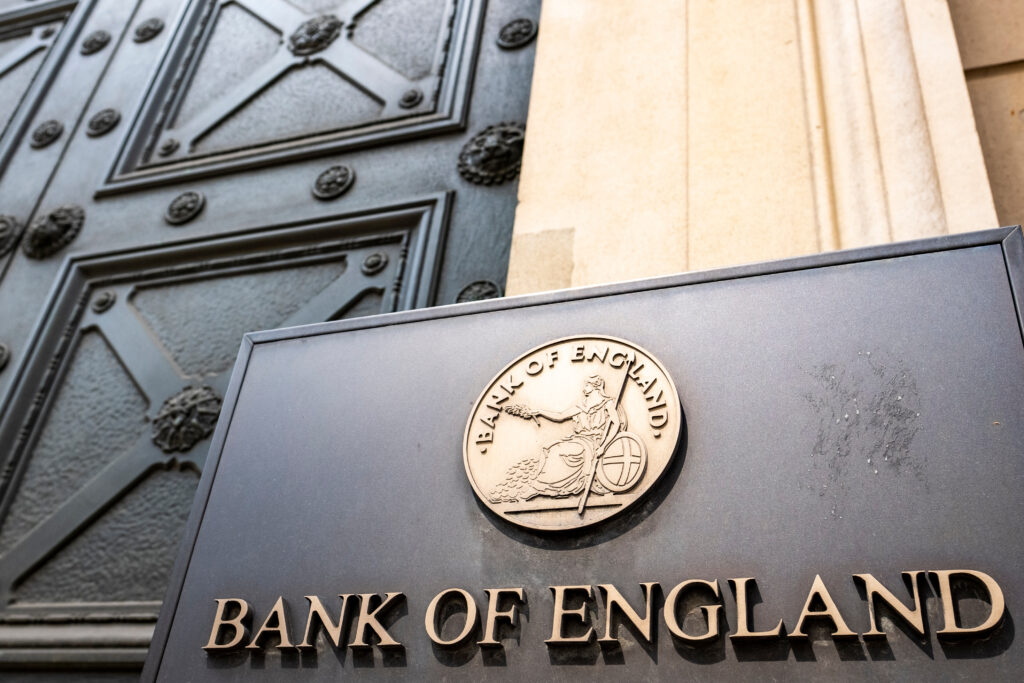Former Bank of England policymakers have called on Governor Andrew Bailey to scale back or halt the central bank’s bond-selling programme, warning it is driving record-high borrowing costs. Four ex-members of the Bank’s monetary policy committee (MPC) said action was needed as long-term gilt yields hit their highest level in 27 years, increasing pressure on Chancellor Rachel Reeves ahead of the 26 November autumn budget.
Threadneedle Street has attributed part of the rise to global factors, including Donald Trump’s trade war and US Federal Reserve tensions, but admitted that its £100bn quantitative tightening (QT) programme to unwind crisis-era quantitative easing (QE) is also contributing. The Bank is expected to hold interest rates at 4% this week while potentially signalling a slowdown in bond sales over the next 12 months.
Michael Saunders, now at Oxford Economics, said continuing at the current pace could push yields higher, while another ex-MPC member said not reducing sales would be “tone deaf” to global bond markets. Sushil Wadhwani suggested halting active sales entirely and moving to passive QT, arguing that long-term yields significantly impact confidence in the UK economy.
The Bank has sold about £100bn of bonds in the past year and still holds around £560bn, much of it at a loss. Scaling back QT could ease gilt yields and save the Treasury money. Andrew Sentance said reducing the programme to £70bn would be sensible but stressed the Bank’s primary role remains controlling inflation.
The IPPR estimates halting active sales could save the Treasury over £10bn a year, though keeping bonds comes with costs, as interest earned on gilts is lower than the interest paid on commercial bank reserves. Last month, IPPR also called on Reeves to raise taxes on banks benefiting from windfall profits on their reserves held at Threadneedle Street.



